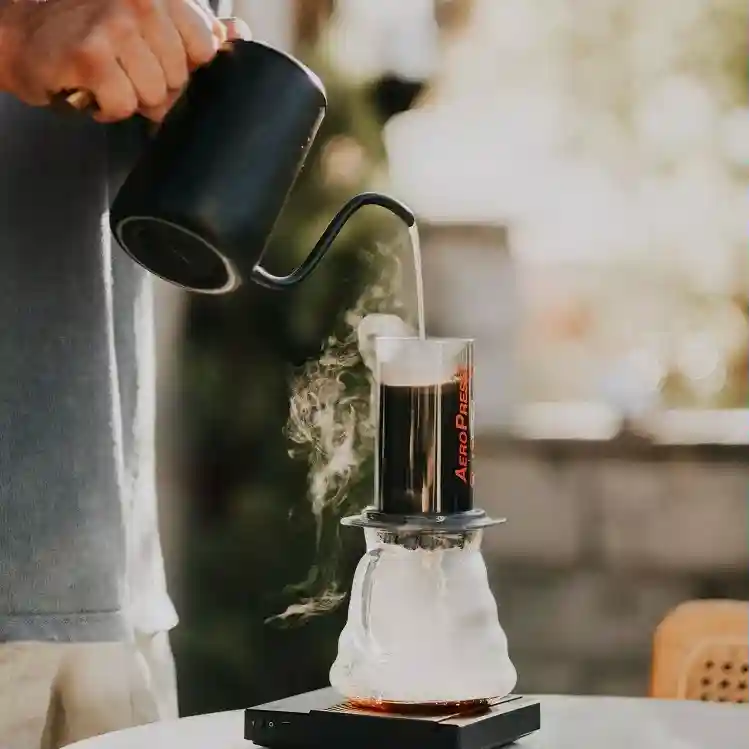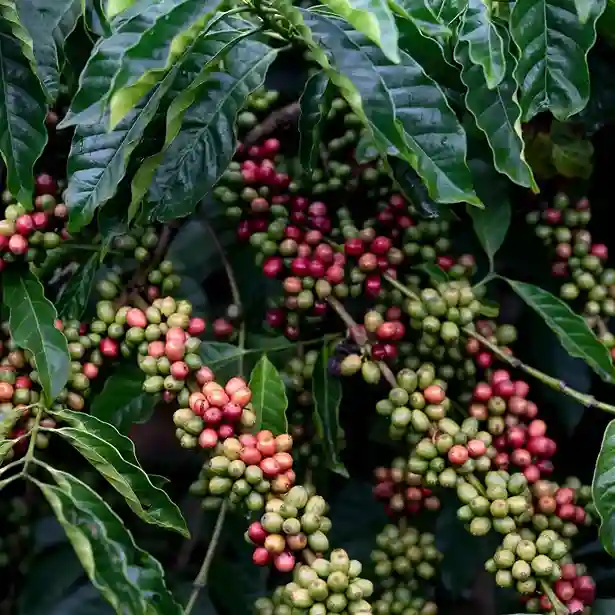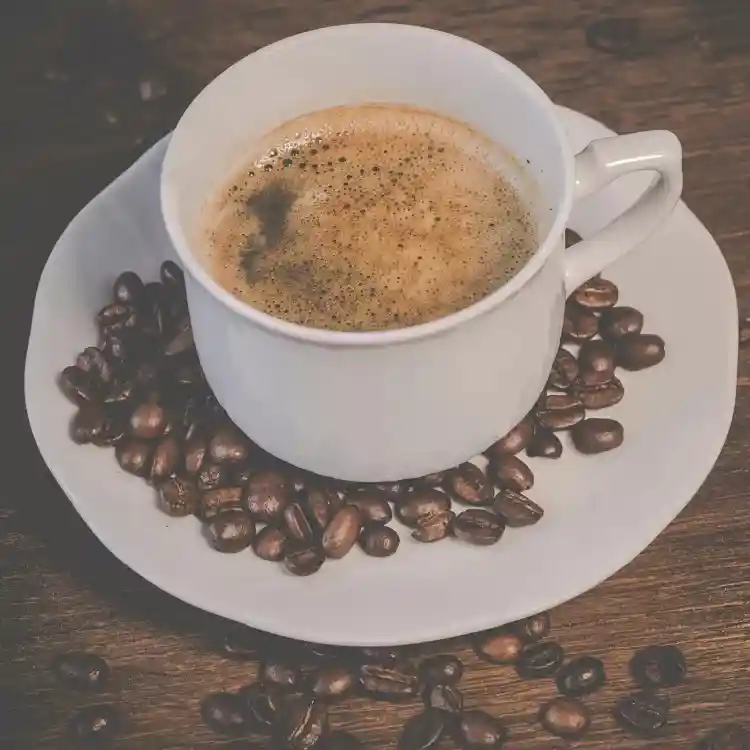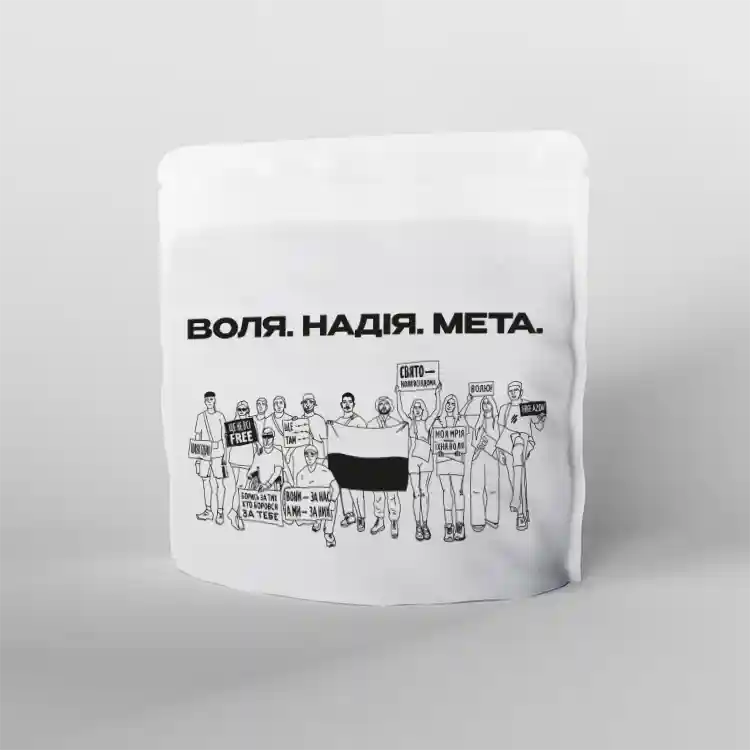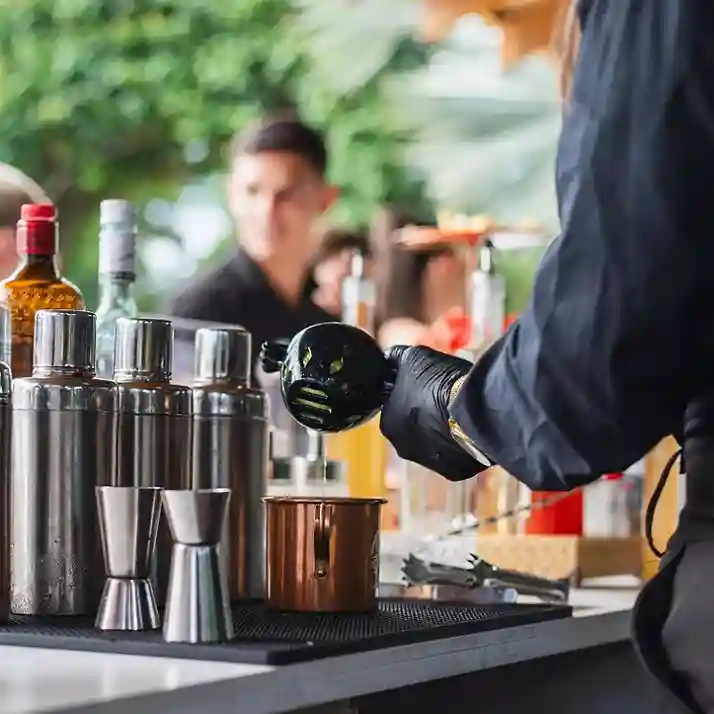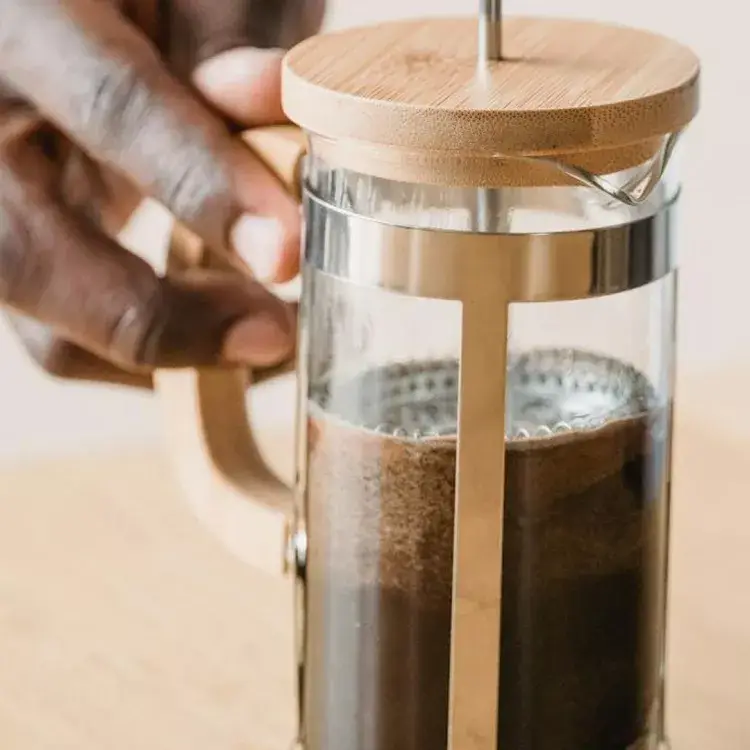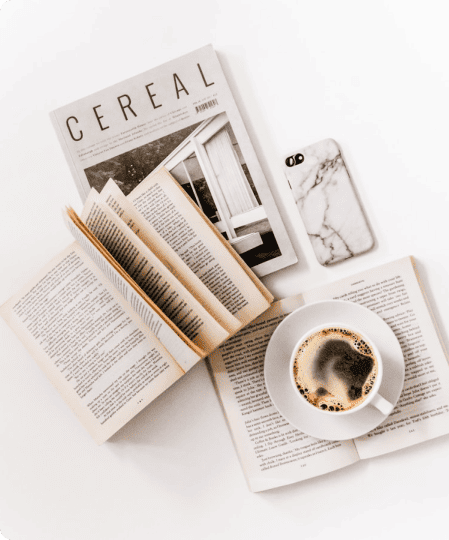The importance of water in coffee brewing
When brewing a drink, it is very important to carefully select the water used to make coffee. Water is important for coffee because it makes up more than 98% of the finished drink. The taste of coffee depends on the kind of coffee water we pour into the coffee machine or other brewing appliance. The influence of water on the organoleptic properties is truly enormous; its composition and temperature directly affect the taste of the finished coffee. The ratio of water to grind also matters. For espresso, it is approximately 1:2, while for French press, the optimal proportions are 1:15-1:17. The role of water in the extraction process is invaluable, as it dissolves aromatic compounds, sugars, and acids.
Chemical composition of water and its impact on the taste of finished coffee
The water we use for brewing is crucial to the quality of the drink. Too hard can slow down or block extraction, resulting in a bitter and overly saturated coffee. Too soft, on the other hand, results in a colorless flavor. The pH level is also important: acidic water enhances acidity, sometimes even causing a salty aftertaste, while alkaline water muffles the flavor notes. Minerals, such as sodium, potassium, calcium and magnesium, shape the flavor profile and give coffee its texture. However, an excess of impurities, especially chlorine, interrupts the delicate aromatic shades.
Benchmarks for coffee water quality
The optimal hardness is 50-170 mg/l.
The recommended pH level is about 7.0-7.5.
The ideal brewing temperature is 90-96 °C.
Permissible mineralization rates are 100-150 mg/l of total dissolved solids.
Optimal performance helps maintain water quality, which directly affects the taste of the drink.
Types of water for making coffee drinks
Tap water is the most affordable option: it is free, always at hand, and easy to use. However, it can contain chlorine, heavy metals, impurities, and suboptimal hardness. If the quality of the tap water meets the benchmarks, it can be used without additional treatment. Experts advise not to neglect testing, otherwise even the best grains will not save the result.
There are different types of bottled water on the market: mineral, artesian, and purified drinking water. It is important to know how to read labels: pay attention to the level of hardness, pH, mineralization(TDS) and the presence of added salts. Quality is not always directly related to price. The ideal water for coffee should be moderately mineralized, without a pungent odor or off-flavor.
There are different types of water filters: carbon, ion exchange, membrane, and reverse osmosis systems. Carbon filters are good at removing chlorine and organic matter, membrane filters retain most solid impurities, and ion exchange systems regulate hardness. Reverse osmosis completely purifies water. It is important to remember to replace filters regularly: every 2-6 months, depending on the intensity of use and the type of system.

Features of water selection for different cooking methods
It is important to choose high-quality coffee water for a specific type of coffee maker or coffee machine. It should be purified, but not too soft. For alternative brewing methods(French press, pour-over, keffiyeh), the water requirements are less strict. It is recommended that you stick to the optimal characteristics.
Follow the recommendations to protect your coffee machine from scale and corrosion and to extend the life of your machine.
Professional water purification and mineralization systems
Reverse osmosis is one of the most effective methods of purifying water for coffee. It removes almost all impurities, including salts, chlorine, and heavy metals, ensuring basic purity. Since the water becomes too soft and devoid of minerals after such filtration, it must be remineralized. For this purpose, calcium and magnesium are added, the main elements that form a balanced coffee flavor and contribute to proper extraction. Another purification option is ion exchange systems, which replace calcium and magnesium with sodium ions, effectively softening the water. To monitor water parameters, it is recommended to use special test strips. They quickly determine the level of hardness.

Practical tips for choosing water at home
A TDS meter and pH indicators can be used to test the water.
The selection of the optimal filter depends on the budget, consumption volume, and technical requirements.
When choosing bottled water, look for information on hardness, total mineralization, and pH.
Store the water in clean, nonplastic containers out of direct sunlight.
Common mistakes when choosing water for coffee drinks
Using distilled water leads to a flat taste due to the lack of minerals.
Ignoring water hardness spoils the extraction.
Improper storage of filtered water leads to the accumulation of chlorine and bacteria.
Saving on water quality cannot be offset by choosing expensive coffee machines and coffee beans.
Conclusions and recommendations
The best water is the one that is suitable for your brewing method. The most economical option is active carbon filtration. A system with a replaceable mineralizer provides the optimal balance. The premium solution is reverse osmosis with carbonization. The balance between quality and affordability is achieved through proper selection, testing and regular filter replacement.
Cover photo by Onur Kaya
